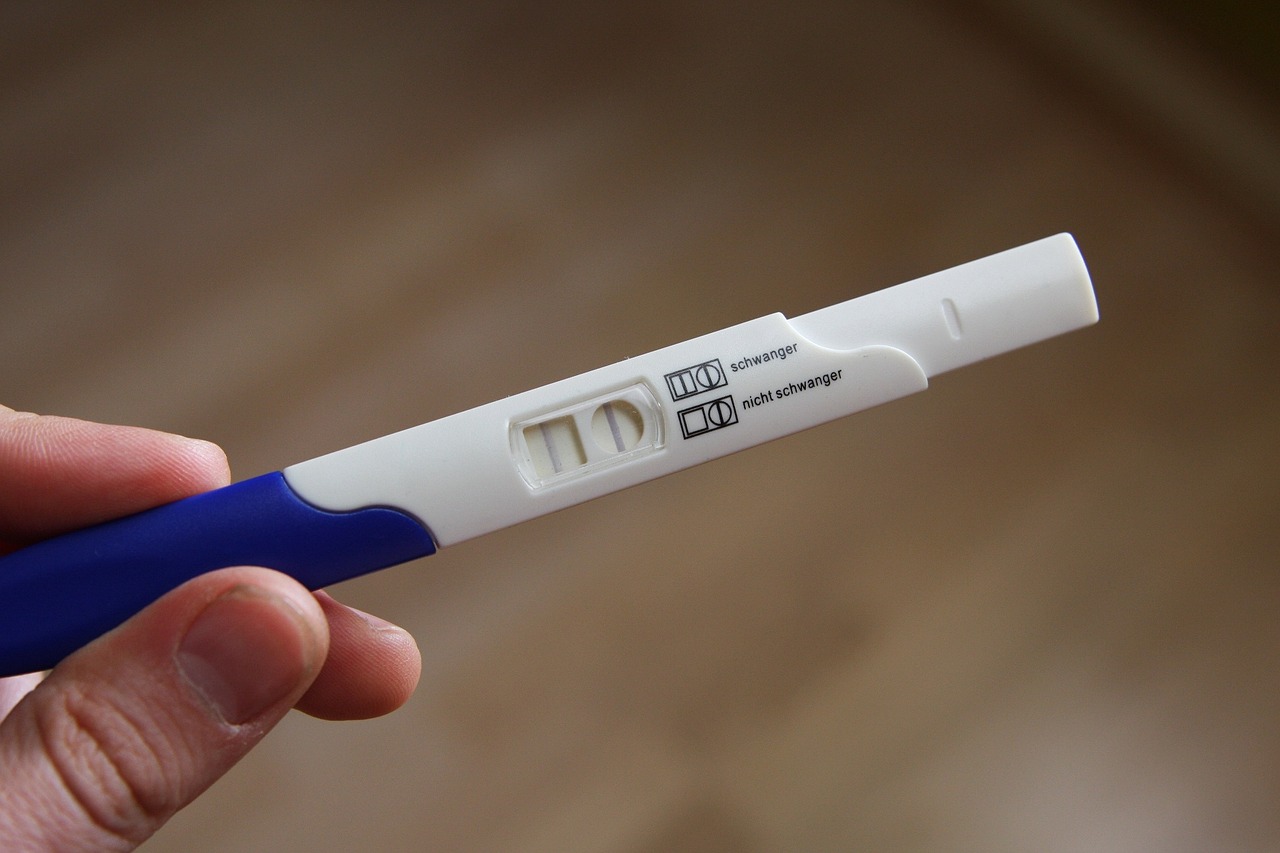What is Infertility:
Infertility is a complex issue that affects many couples around the world. Approximately 6 to 8 crore couples are suffering from infertility in India, and 7 t0 9 crore couples are suffering from infertility, PCOS, hormonal imbalances in overall world. While, medical research plays a crucial role in addressing infertility, dietary and lifestyle changes can also significantly impact fertility outcomes. This article explodes a comprehensive approach to conquering infertility through strategic dietary adjustments and positive lifestyle choices. PCOS affects 7 to 10 percent of women of childbearing age is the most common cause of infertility. In the United States, an estimated 5 to 6 million women have PCOS and 2 to 3 million women have PCOS in India. PCOS is the most common hormonal disorder among women reproductive age, but many women don’t know they have it. To know more about causes, symptoms and treatment of PCOS, then read this article https://sparklinglifestyle.in/pcod-pcos-causes-symptoms-and-treatment/
Infertility, defined as the inability to conceive after a year of regular unprotected intercourse affects approximately 10 to 15 % of couples globally. The causes of infertility are multifaceted, including hormonal imbalances, structural issues, genetic factors, and lifestyle influences. Lifestyle choices such as diet, exercise, stress management and environmental exposures can either contribute to or mitigate infertility. In this article, we will dive deep into dietary and lifestyle changes that can enhance fertility prospects.

Dietary changes for Infertility couples:
A well-balanced nutrition; A diet rich in essential nutrients, including vitamins for example. Folate, vitamin D, minerals, zinc, selenium, and antioxidants supports reproductive health. Nutrient deficiencies can disrupt hormonal balance and impact egg and sperm quality.
Healthy Fats: Omega 3 fatty acids found in sources like fatty fish, flaxseeds and walnuts have anti-inflammatory properties and support hormone regulation. Avoid trans fats and excess saturated fats as they can lead to insulin resistance and hormonal imbalances.
Plant-based foods; A diet abundant in fruits, vegetables, whole grains, and legumes provide fiber and phytonutrients that aid in hormonal balance and weight management.
Have more Protein; Adequate protein intake is essential to produce reproductive hormones. For example. Fish, beans, lentils, and poultry.
Limit sugar and refined carbs; High sugar intake and refined carbohydrates can lead to insulin resistance, which negatively impacts fertility. Choose complex carbohydrates. For example, whole grains, millets, vegetables and limit sugary foods and beverages.
Avoid caffeine and alcohol; According to science, too much consumption of caffeine and alcohol has been linked to fertility issues. Moderation is the key.
Lifestyle changes for infertility couples:
Maintain a healthy weight; Underweight and overweight individuals can experience fertility challenges. Achieving and maintaining a healthy weight through diet and exercise can improve fertility outcomes.
Regular physical activities: Engage in regular moderate exercise, as it helps maintain a healthy weight, reduce stress, and enhances overall well-being. However, excessive exercise can negatively impact fertility. So, balance is crucial.
Stress management: Chronic stress is responsible for increased level of cortisol hormone, disrupt hormonal balance and affect reproductive function. Incorporate stress reduction techniques such as yoga, meditation, deep breathing, and mindfulness into your routine.
Adequate sleep: Prioritize sleep hygiene to ensure you are getting 7 to 9 hours of quality sleep each night. During sleep, our body is getting rejuvenated and HGH (Human growth hormone) is regulated. Sleep is essential for hormone regulation and overall health.
Limit environmental exposure; Limit exposure to environmental toxins such as BPA, phthalates, and pesticides, which can interfere with reproductive health. Choose glass or stainless-steel containers and use organic products and foods when possible.
Avoid smoking and unwanted drugs; Quit smoking and avoid recreational drug usage, as they can significantly impair fertility in both men and women.
Conclusion.
Conquering infertility requires a holistic approach that addresses both medical and lifestyle factors. Strategic dietary choices and positive lifestyle changes can significantly impact fertility outcomes by improving hormonal balance, enhancing egg and sperm quality, and supporting overall reproductive health. By adopting a well-balanced diet, maintaining a healthy weight, managing stress, and avoiding harmful environmental exposures, couples can take proactive steps towards realizing their dream of parenthood. It is important to consult with gynecologist to modify this recommendation to women needs, Increasing the chances of successful conception and healthy pregnancy. To know more about PCOD, PCOS, infertility, hormonal imbalances and women wellness, then follow my Instagram page.



Leave a Comment